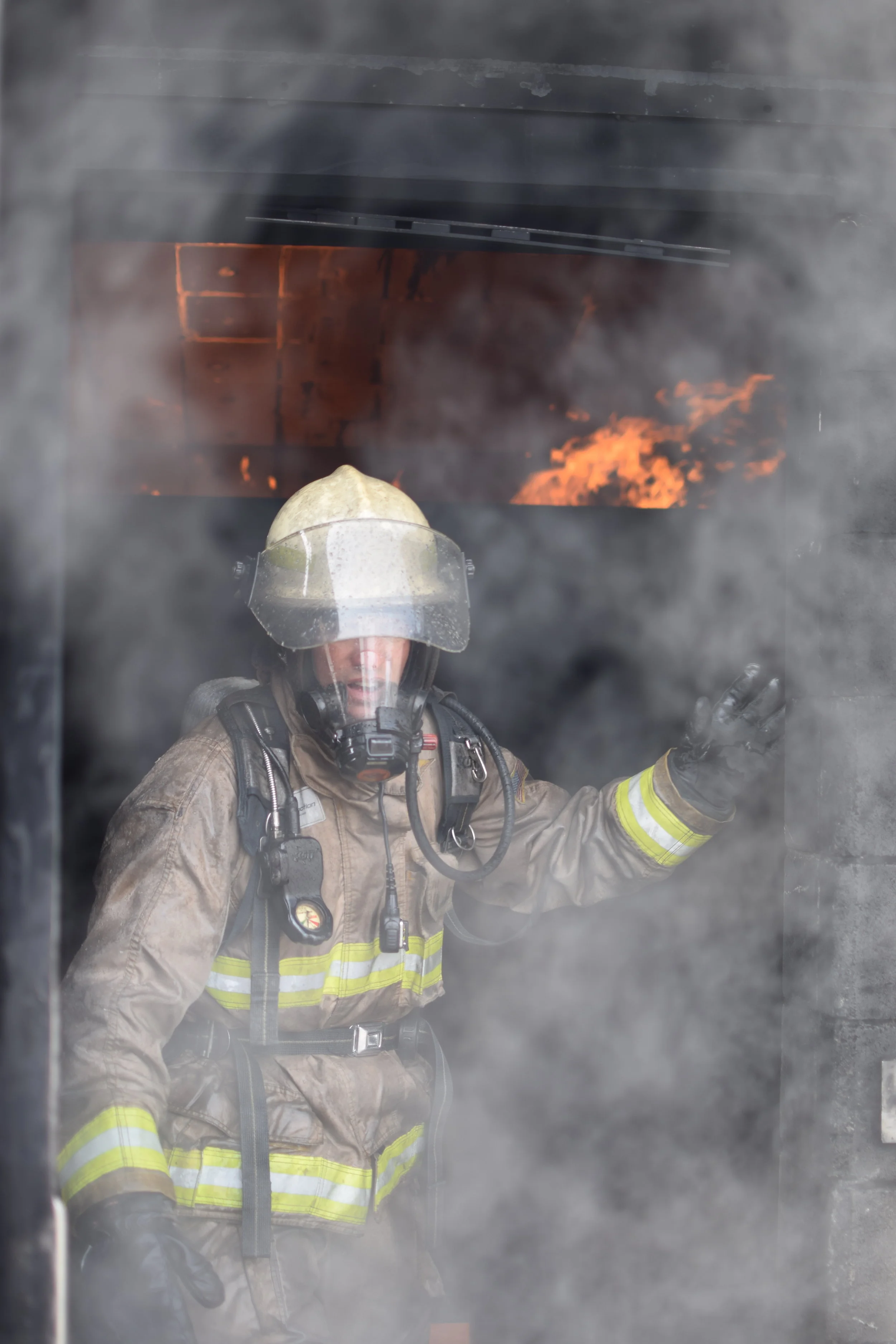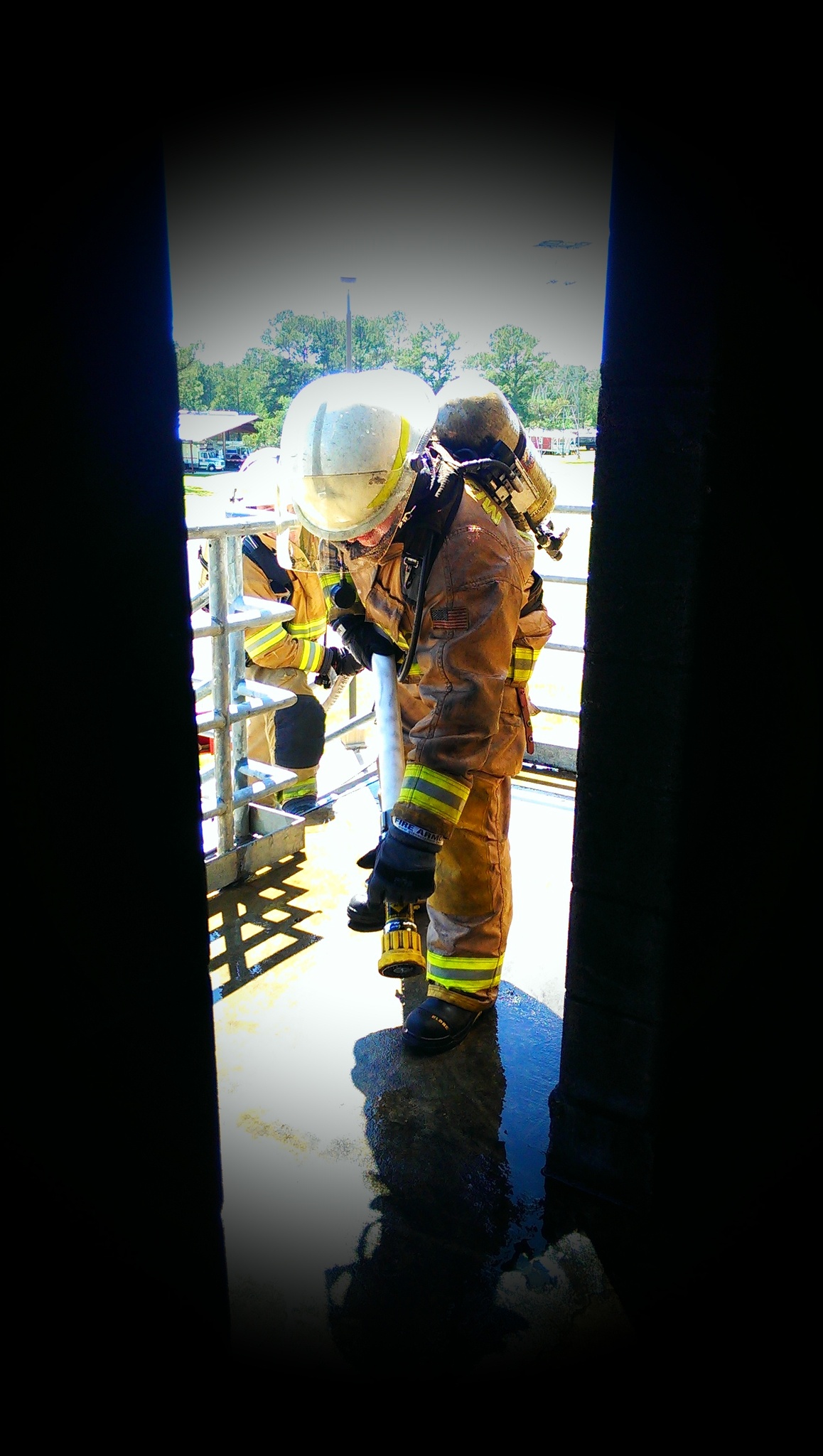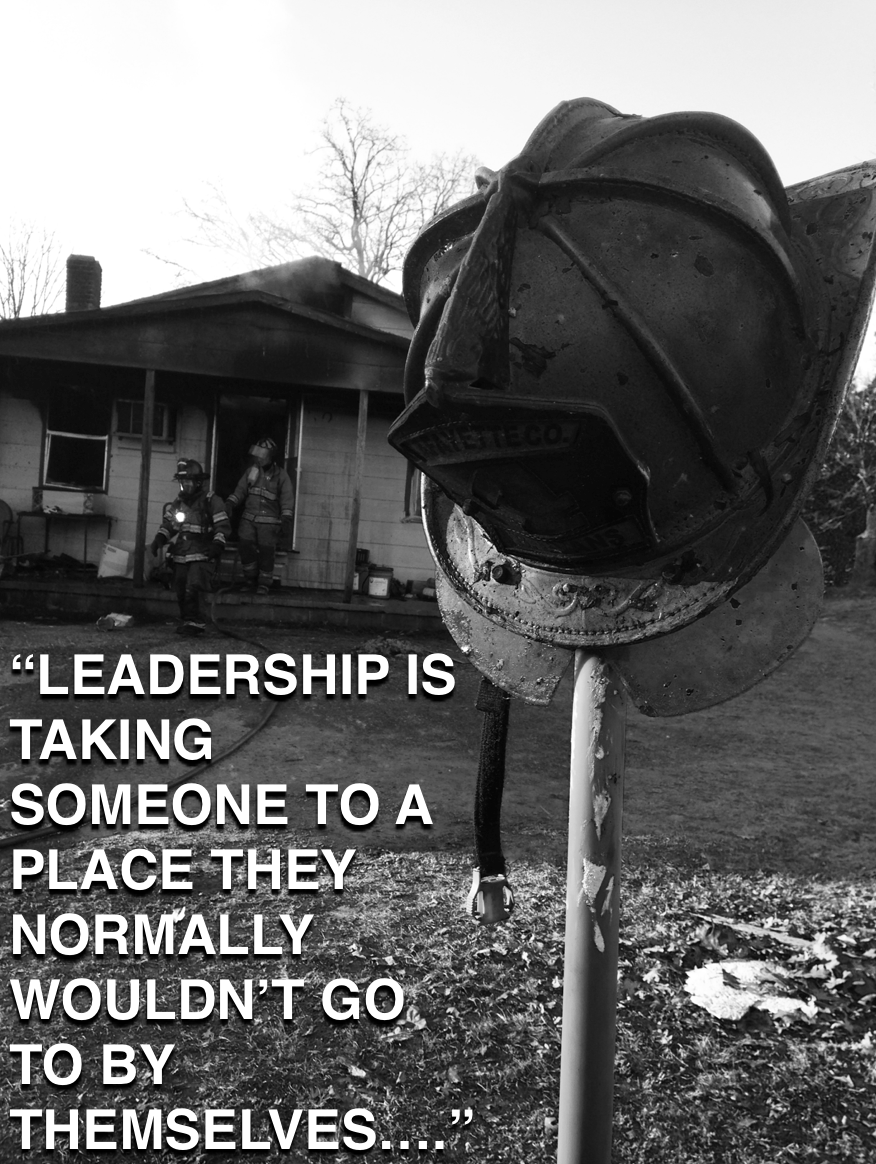I have heard people in fire and rescue refer to Generation Y, as “generation why?” Sometimes these statements would come down in condescending ways from senior officers on the department. It was usually in reference to the Generation Yer’s asking why a job needed to be done. At least in my case, the senior guys typically misunderstood my intentions. What I was actually doing, instead of complaining or being insubordinate, is trying to understand the end goals and purpose of a job-so as to maximize the outcome and efficiency. We are the generation that changes their email passwords on Outlook, help insert functions into Excel, and a host of other daily tech solutions- so maybe we can come up with a better way, faster way, or more positive outcome. –But not necessarily by blindly following orders. In other words- asking why is not a bad thing. In fact, its what I contend rescuers should do more often.
Generation Y is generally considered to be those born during the 1980’s and early 90’s. Stereotypes for Generation Y include laziness, a sense of entitlement, and requiring praise. In actuality this demographic is very “tech savvy” (think gear), ambitious, family oriented, and are team players with good communication skills. The latter are desirable characteristics, but the “why” and the questioning is a characteristic that should transcend all generations on the job. So let’s set the stage for this reasoning. . .
Question Everything! Consider that an order. Not at the wrong time. Not during an emergency. Not in an insubordinate or disrespectful way. Remember your station in the department and be always humble. Asking why we do something is the first step in understanding SOP/SOGs, our history and the mechanics of the problem. I have little patience or regard for statements like “Because we have always done it that way,” “Just because I said so,” The words “always” and “never” used too liberally in rescue. And finally the perpetual get-out-of-jail-free words. . . “for safety” -without due explanation.
Meaningful questioning elevates rescuers to a world of critical thinking. Critical thinking is defined as "the process of actively and skillfully conceptualizing, applying, analyzing, synthesizing, and evaluating information to reach an answer or conclusion" and also "disciplined thinking that is clear, rational, open-minded, and informed by evidence"(dictionary.com). Our end goal is to improve the mission to save those that others cannot, all-the-while keeping our rescuers as safe as is prudent. To accomplish this we must continually evaluate and ask “why do we do the things we do?” and “how can we improve our mission?”
There are answers out there. Rescuers must seek them out. One might start at the station or home front. The next source may be on the web, in books, or videos. Let’s also focus on the instructors: if your instructor cannot satisfactorily answer “why,” then you need to find a new one or seek knowledge elsewhere. There are allot of hacks and parrots out there that are mass-produced and label themselves instructors. Instructors aren’t supposed to know everything, but a good one will admit that, and know how to find the answer to your question.
In the next article, we will examine some rescue "why's?" that will generate some spirited debate around the day room. We won't cover each topic exhaustively, but we will open the door to some research and critical thinking.
You can download or print a PDF copy of this article by clicking here.







